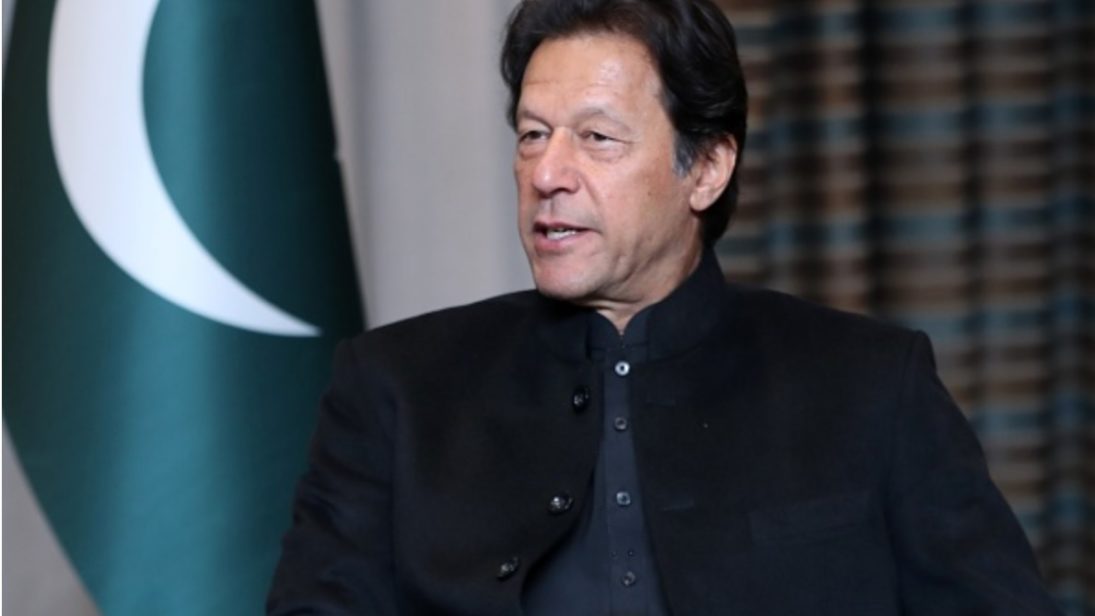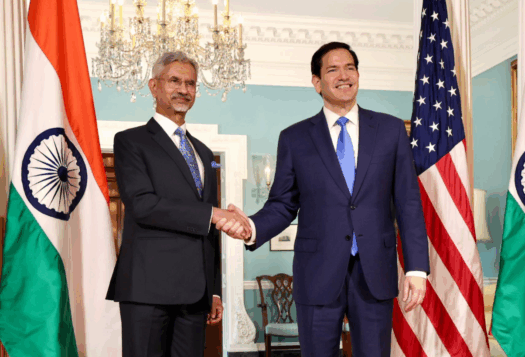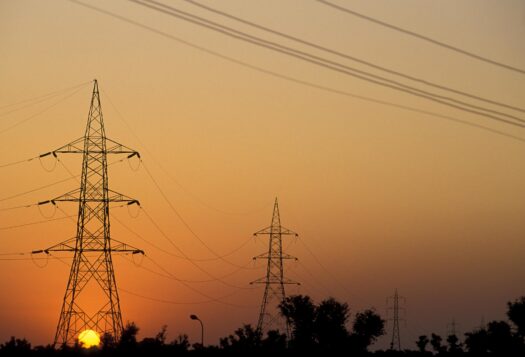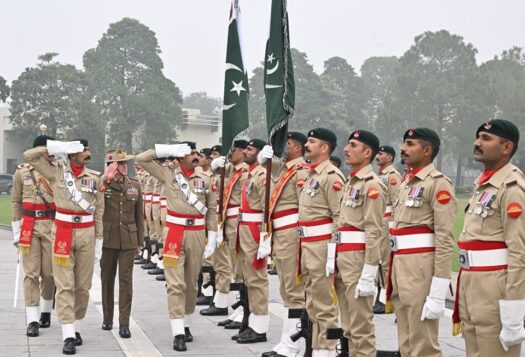
The recent India-Pakistan military standoff has been a cause of serious concern for a number of reasons. After the militant attack in Pulwama in Jammu and Kashmir about two weeks ago, India blamed Pakistan for supporting insurgents involved in the attack and vowed to punish the country. In response, Pakistan not only denied India’s allegations, but also offered assistance in prosecuting the perpetrators if New Delhi provided actionable intelligence that linked any Pakistani-based group to the attack.
Under pressure domestically, the government in New Delhi launched air strikes in Pakistan’s province of Khyber Pakhtunkhwa (KP) and allegedly killed more than 300 insurgents. However, the Indian government has not offered any reliable information confirming that scores of militants were killed in the air strike. In retaliation, Pakistan not only downed an Indian aircraft, but also captured the pilot. Subsequently, an exchange of air strikes from both sides created a situation that was perhaps undesired by both India and Pakistan. The return of the Indian pilot became the reason for the return of relative normalcy between the two countries.
Arguably, Pakistan’s response to the escalation from the Indian side was aimed at not only acting against New Delhi’s effort to extend the threshold for military retaliation and push Pakistan’s red lines but also to delegitimize India’s action as purely driven by political needs. Pakistan’s military reaction to India’s air strikes was meant to send a message that if New Delhi uses such tactics, Islamabad will be ready to take the action a step further. Moreover, the downing of the Indian aircraft and the capture of its pilot did help Pakistan in creating a perception that Islamabad was not only ready for a fight if pushed into such a scenario, but that it also had the military capacity, resolve, and will to act against India.
Generally, while India has portrayed its action in KP as a successful attempt at creating new space in a limited war policy, Pakistan has depicted its retaliation as an action that has successfully thwarted such an attempt. For any future conflict, while India may consider relying on a similar air strike in Pakistan, New Delhi should also be aware that Rawalpindi and Islamabad are likely to hit back, as we have seen in the Balakot case. This is what Pakistan’s military planners are going to be banking on when it comes to any future conflict of a similar nature.
Arguably, Pakistan’s response to the escalation from the Indian side was aimed at not only acting against New Delhi’s effort to extend the threshold for military retaliation and push Pakistan’s red lines but also to delegitimize India’s action as purely driven by political needs. Pakistan’s military reaction to India’s air strikes was meant to send a message that if New Delhi uses such tactics, Islamabad will be ready to take the action a step further.
It’s fair to argue that the ongoing election politics in India have added to the Indian government’s resolve to target Pakistan. Indeed, the air strike in Balakot, as some analysts in India have suggested, was also aimed at preserving Modi’s strongman image and earning domestic political acclaim. However, unless India gives Pakistan a window to deny an attack – by refraining from advertising the move to a scale that it becomes tough for Pakistan to neglect – the latter should be expected to retaliate with an action of a similar scale or bigger. The war of propaganda concerning both countries’ position on the conflict has particularly weakened India’s claim of punishing Pakistan, as the majority of the assertions made by New Delhi, such as the claim that the Balakot strikes killed militants and shooting down of a Pakistani maintained that the country was not involved in the attack and vows to act against insurgent groups that aim to use Pakistan’s soil against any country. The risks involved in an attack of the magnitude of Pulwama makes any such plans irrational for Pakistan, indicating that the incident was anything but calculated. However, the fact that JeM’s leadership is based in Pakistan makes it important for Islamabad to act against it, not only for the country to show seriousness regarding clamping down against all sorts of militant groups but also in terms of improving its relationship with India. Regardless of who may have helped the Kashmiri bomber, Pakistan should be seen as acting against militant groups on its soil that may follow agendas against any regional state’s interests, particularly India. Second, members of Pakistan’s top military and civilian leadership have called for peace with India for some time—undermining their own calls for dialogue to make some tactical gains via the Pulwama incident is absurd to say the least. For now, the hot nature of the current conflict between India and Pakistan seems to have subsided, but another attack anytime soon could precipitate another crisis.
***


